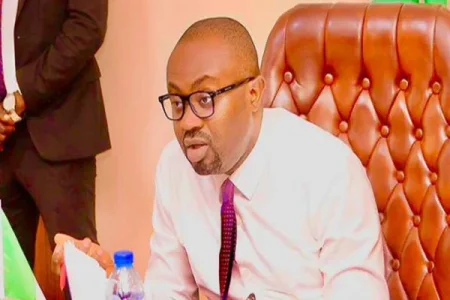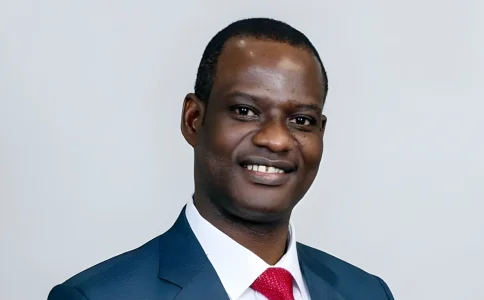
The Nigerian government has raised passport fees by 45%, citing the exchange rate between the naira and the dollar. Minister of Interior, Olubunmi Tunji-Ojo, justified the increase, explaining that economic conditions no longer allow for subsidies. The new fees apply only within Nigeria, sparking mixed reactions among citizens.
The Nigerian Minister of Interior, Olubunmi Tunji-Ojo, has attributed the recent 45% increase in passport fees to the fluctuating exchange rate between the naira and the dollar. Speaking at a media briefing in Abuja, Tunji-Ojo explained that the government could no longer afford to subsidize passport costs due to current economic realities. He highlighted that the increase was necessary, emphasizing that Nigerians should not expect passports to be subsidized given the country's financial constraints.
In August, the Nigerian Immigration Service introduced the price hike, raising the fee for a 32-page passport with a five-year validity from N35,000 to N50,000. Similarly, a 64-page passport with a 10-year validity now costs N100,000, up from N70,000. Tunji-Ojo noted that this fee adjustment applies only to Nigerians living within the country, with no change in passport fees for those residing abroad.
Many Nigerians expressed their displeasure with the fee hike, accusing the government of making it harder for citizens to explore opportunities abroad, often referred to as the "japa" movement. However, Tunji-Ojo defended the decision, stating that the increase was modest in comparison to the economic challenges the country faces.
He concluded by stressing that the government must prioritize economic stability over subsidizing passport costs, reiterating that the increase is a result of a necessary cost-benefit analysis tied to the naira’s devaluation against the dollar.




